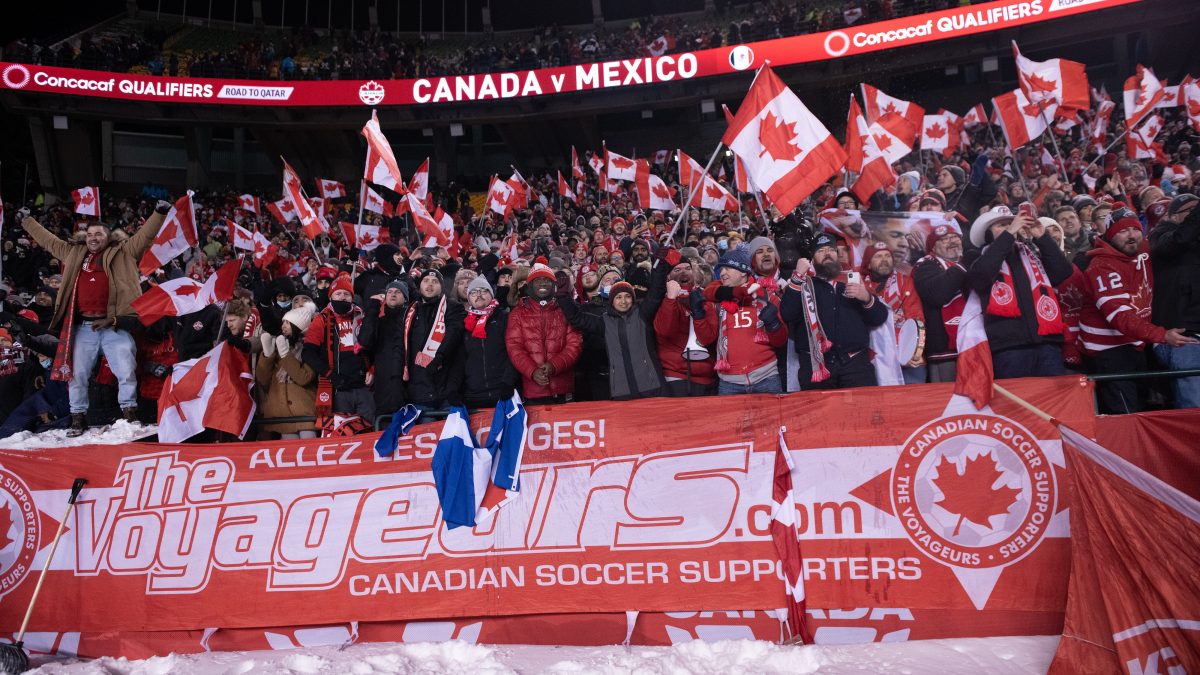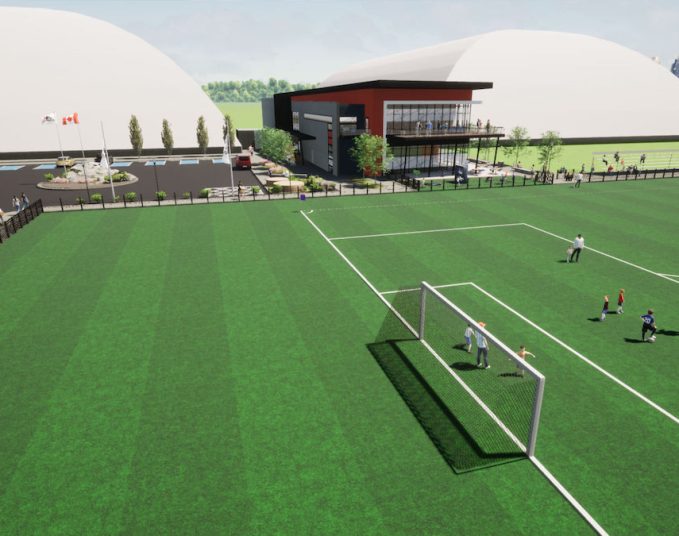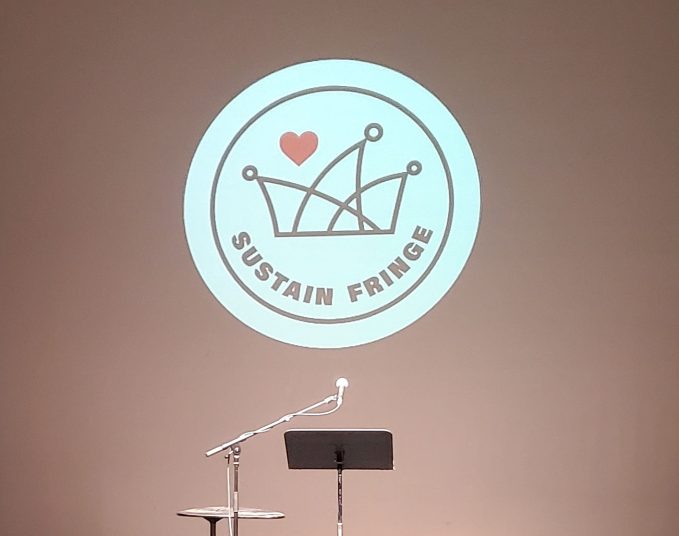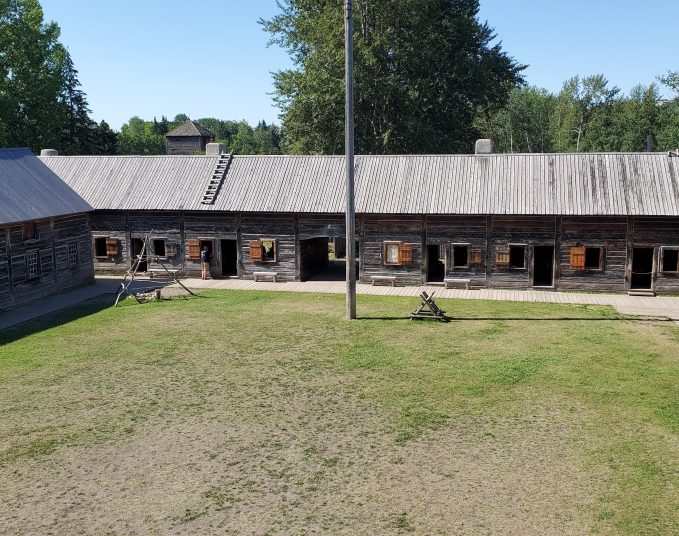It was the middle of June 2022. Edmontonians cried in their beer. FIFA decided that our bid to host games during the 2026 World Cup was simply not good enough.
Now, with that World Cup a little more than two years away, the tune is changing. The prospect of hosting six World Cup games is bringing angst to the City of Toronto.
Should Edmontonians now see missing out on the tournament as a blessing in disguise?
That’s the question I posed to each and every member of City Council, in the wake of revelations that Toronto will now be on the hook for $380 million to host the games, up from the budgeted $300 million. And that number will likely still rise.
“I do feel it is a blessing in disguise, especially with uncertainty as to the contributions from the other levels of government,” wrote Coun. Jo-Anne Wright in an email. “Although I recognize the economic benefits it may have brought to the community, the risk for the City to finance may not have been offset by these benefits.”
Stories broke about special deals between the City of Toronto and FIFA that shield soccer’s governing body from municipal taxes and local labour laws. The City of Toronto must 100 per cent cover the costs of the fan fest, cover up construction projects and advertisements for non-World Cup-sponsors.
“As disappointed as we all were not to be hosting the FIFA World Cup here in Edmonton, seeing the enormous costs and sweetheart deal for FIFA highlights the need for transparency and accountability in all mega-event bidding processes,” wrote Coun. Michael Janz in an e-mail. “Prior to entering any bid process, taxpayers and municipalities need full transparency. I question whether all of these costs and complications were factored into the bid process, and some stories from other host cities do indicate a bit of a ‘buyer’s remorse.’

“As well, we’re seeing more and more reluctance when it comes to bidding for major, global events.”
Last year, after some exploration, a joint Calgary-Edmonton bid for the 2030 Commonwealth Games was aborted — it just wasn’t worth the trouble.
And, close to the same time Alberta ceased its bid, the governing body for the planned 2026 Commonwealth Games in the state of Victoria, Australia, announced that the event was off. The expected cost of hosting the Games had risen to the point where it just wasn’t worth it anymore.
Janz said cities need to focus on great festivals and events that do the most to keep money in the pockets of local businesses and organizations.
The world has changed and the era of mega-festivals — Expo, Olympics, FIFA — appears widely unsustainable. There are many more influential ways to tell the story of our city around the world. When it comes to return on investment, once all factors are truly considered, we need to look back to the local and the enormous return on investment we receive from local festivals, concerts, and cultural events.”
Local soccer, hockey, baseball and other sporting tournaments already do this, bringing in thousands of families to the city a year who spend money on local restaurants and hotels. Hosting provincial championships and annual tournaments brings steady streams of revenue to our restaurants and hotels.
“I would start to lean to saying that it is a blessing,” said Coun. Andrew Knack of not getting the World Cup. I would assume that if we got it that our City’s legal team would have drawn up a contract to minimize any potential cost overruns, but I’m guessing that Toronto would have thought the same thing.”
Would Edmonton’s financial picture have been as bleak as Toronto’s? We won’t ever know for sure, though we do know substantial renovation work would need to have been done on Commonwealth Stadium. Toronto’s BMO Field requires major work, as it needs 17,000 more seats to get to the 45,000-spectator-capacity minimum. So, there’s no way of comparing apples-to-apples what Edmonton would have needed and what Toronto requires.
During the bid process, Minneapolis, Chicago and Montreal all pulled out.
Coun. Sarah Hamilton thinks, had Edmonton been a successful bidder, the real challenge would have begun — selling the idea to the city’s residents as a whole.
“Anyone who bid knew that hosting World Cup Soccer was going to come with a lot of conditions and a lot of costs, so I don’t think it’s a huge surprise to see this news coming out of Toronto. Generally speaking, the tradeoff on those big infrastructure investments is the economic development activity that comes during a major event. I would have still loved to see Men’s World Cup Soccer played in my hometown, but we would have had to sell that vision to Edmontonains, and based on today’s circumstances, I think that would have been a tall order.
“Major events like this galvanize cities, and they also come with a sense of optimism. I think Edmontonians are still hungry for something to be excited for, a major event that defines the time we live in as well as the place we live in, and so I’d still like to see a big event come to this city that will give Edmontonians that experience, but perhaps something that aligns better with our values as a city.”
Coun. Anne Stevenson said that, as a councillor, the logic is simple. An event has to be more than an event. It has to have a longer lasting positive effect for the city.
“Hosting major events can bring many direct and indirect benefits to the city, but as we’re seeing in Toronto, can come with significant costs and trade-offs as well. For me it’s critical that any event hosting investments we make come with a lasting legacy for Edmontonians. If we’d proceeded further with our FIFA bid, this would have been a driving consideration.”
Coun. Keren Tang didn’t want to go as far as saying that missing out on the World Cup will end up being good for Edmonton. But she said it proves that cities have to look very hard at the pros and cons of hosting major events, and not just get caught up in the hoopla of wanting to be picked. The allure of being a chosen city is powerful.
“Typically event hosting at the scale of FIFA always comes with added costs. That’s why the bid required coordination between all three levels of government and the private sector. In the current fiscal climate, there is almost always cost escalation in any major project. Further, each city has its own unique context. Some of the provisions Toronto had to put up might not necessarily translate into the same provisions in Edmonton had we been selected, given existing infrastructures and services, legislative authorities, and resource allocation. Hindsight is always 20/20. I would be interested to know the return on investment for the City and whether that makes it worthwhile. Municipalities certainly need a high degree of risk mitigation to ensure each dollar invested can achieve maximal outcomes. However, if we always turn down bids because of the upfront cost, then we would also miss out on important economic boosting and community-building opportunities. These are the considerations the City team along with our partners prioritize and are keen-eyed about during any kind of negotiation, bid preparation, and business case development.”
Savvy AF. Blunt AF. Edmonton AF.




